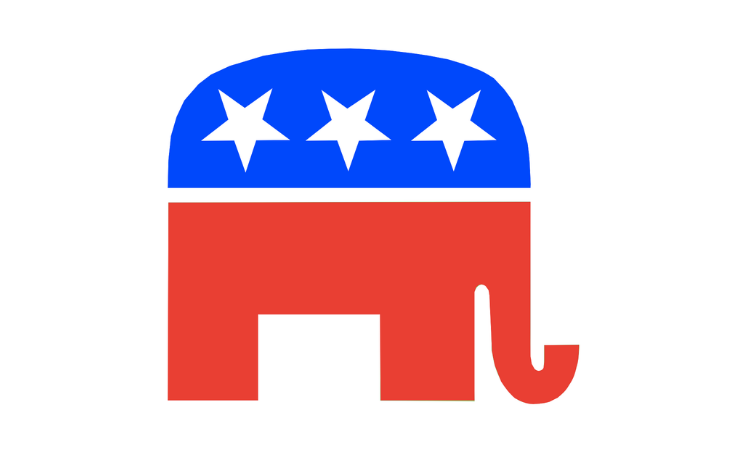Kathryn Joyce
Salon, Nov. 21, 2022
“Republicans’ disappointed hopes in the midterms are fueling an intellectual civil war over the future of the American right.”
On a Friday night in early October, in a downtrodden city in eastern Ohio, a speaker laid out a grim vision. At the height of 2020’s first, most terrifying wave of COVID-19, an employee at a Chinese slaughterhouse led his coworkers on a walkout. For years, the state-owned company had abused its staff with continual video surveillance, punishing production quotas and demerits for bathroom breaks. Now it was casually disregarding their safety during a once-in-a-century pandemic. Following the walkout, the employee was fired, and then vilified through a PR campaign that denounced his protest as immoral and possibly illegal.
After a pause came the reveal: That hadn’t happened in China, but in New York City’s Staten Island; the hero wasn’t a Chinese meatpacker, but a young warehouse worker named Chris Smalls; the villain wasn’t the Chinese government but Amazon.com. The speaker went on, quoting from Karl Marx about “masters and workmen” and the “spirit of revolutionary change” before clearing his throat to deliver another correction: Apologies, that was actually Pope Leo XIII.
This speech about the “spirit of revolutionary change” wasn’t happening at a Bernie rally or a DSA meetup, but a conference at a conservative Catholic university.
Both jokes were preface to a larger punchline, one that’s particularly relevant after the 2022 midterm elections: This wasn’t happening at a Bernie Sanders rally or a Democratic Socialists of America meetup, but a decidedly conservative conference at Ohio’s Franciscan University of Steubenville, a center of U.S. right-wing Catholic thought. The speaker (and conference organizer) was Sohrab Ahmari, a Catholic writer best known for his 2019 polemic against conservatives insufficiently committed to the culture wars. The conference, “Restoring a Nation: The Common Good in the American Tradition,” was a showcase for the modestly-sized but well-connected Catholic integralist movement, part of the broader current of conservative thought known as postliberalism. [To read the full article, click here]


